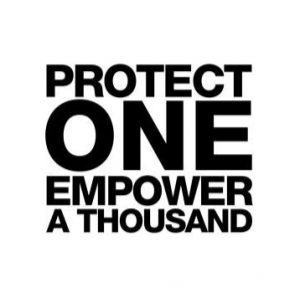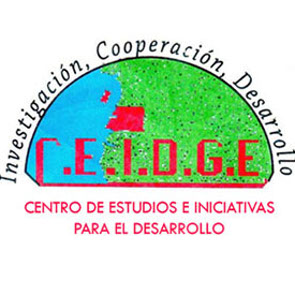#Equatorial Guinea
#Equatorial Guinea
Equatorial Guinea has been recognised as one of the world’s most repressive countries in terms of the civil and political environment, freedom of the press,freedom of expression, and corruption in the government. The president of Equatorial Guinea, Teodoro Obiang Nguema Mbasogo, has been in power since 1979 without free and fair elections. The police and security forces operate under impunity, with little to no recourse for Equatorial Guineans to voice concern or report ill-treatment. The police, military, media and judiciary are all controlled by the government. Lack of independence of these branches of society in Equatorial Guinea lead to impunity and corruption at all levels.
In this climate, human rights defenders’ work is severely limited. HRDs have faced repeated reprisals, threats, stigmatisation, harassment, and arbitrary arrests and detention. HRDs work is regulated by Law 1/1999, this law, adopted on 24 February 1999, puts obstacles on the registration of human rights organisations and restricts foreign funding. The government is suspicious that human rights activity is anti-governmental. There is no national human rights institution in line with the Paris Principles and independent human rights organisations have been forcibly disbanded. In July 2019, CEID, a prominent human rights organisation was dissolved by the government.
Women human rights defenders and human rights defenders championing transparency and accountability work in an even more hostile atmosphere. WHRDs face more risks as gender based violence is reported to be widespread, and women are restricted in their right to own property and their right to inheritance. In addition, freedom of speech and expression are actively denied, particularly to HRDs and journalists as they face censorship and are obliged to self-censor their work. The Law on the Press, Publishing and Audiovisual Media enacted by the government in 1992 authorised censorship of all publications by the government. Digital and media surveillance are common as government surveillance pervades daily life.




